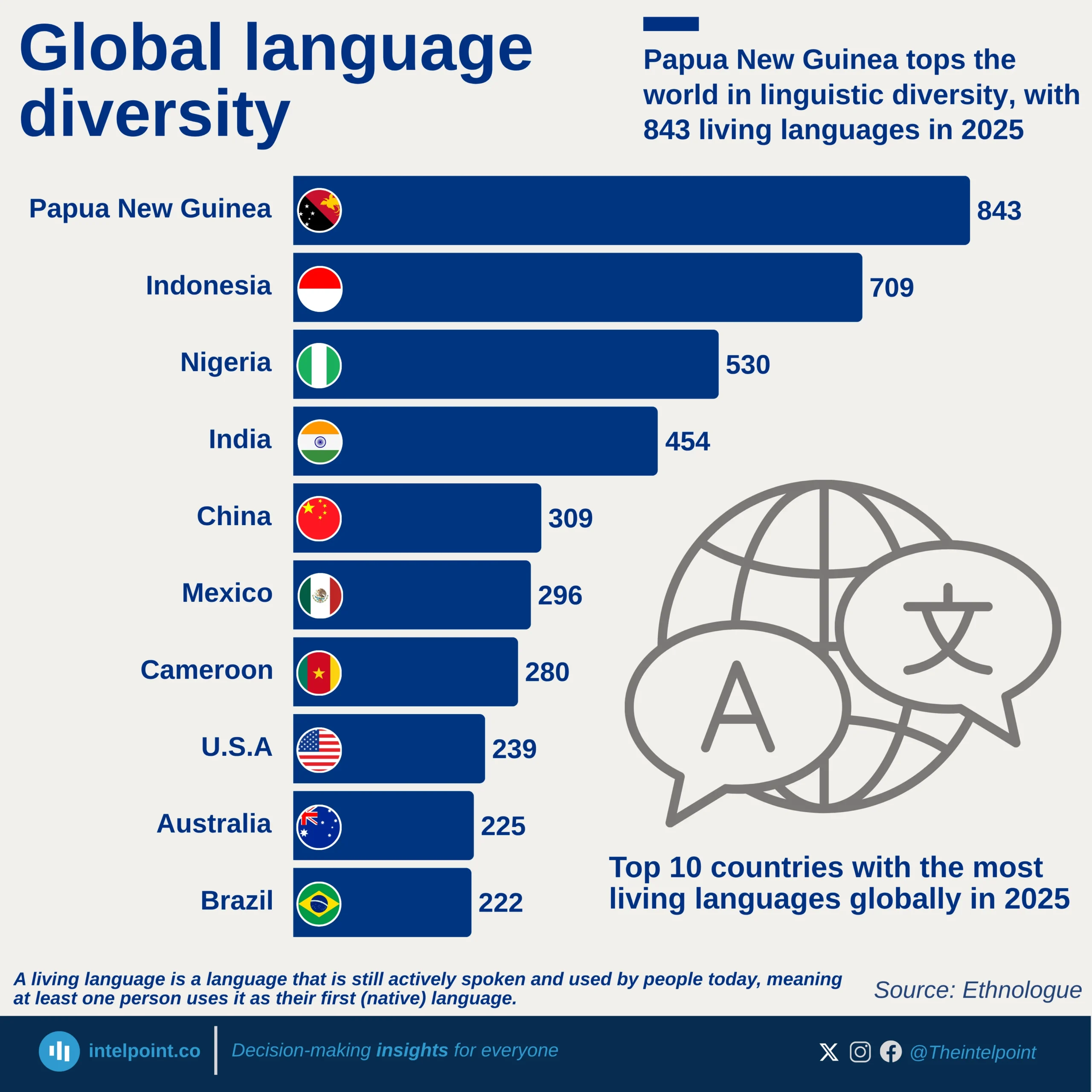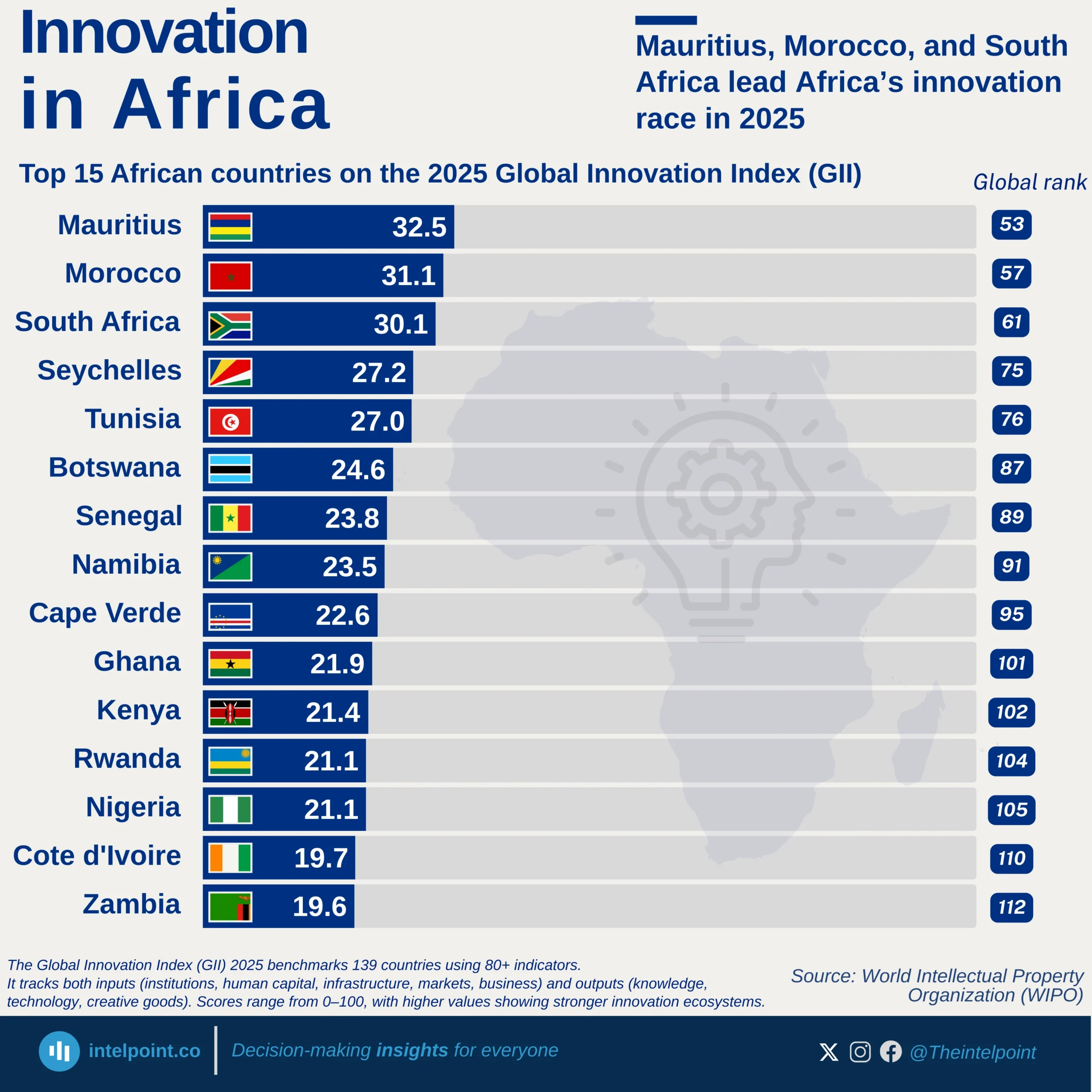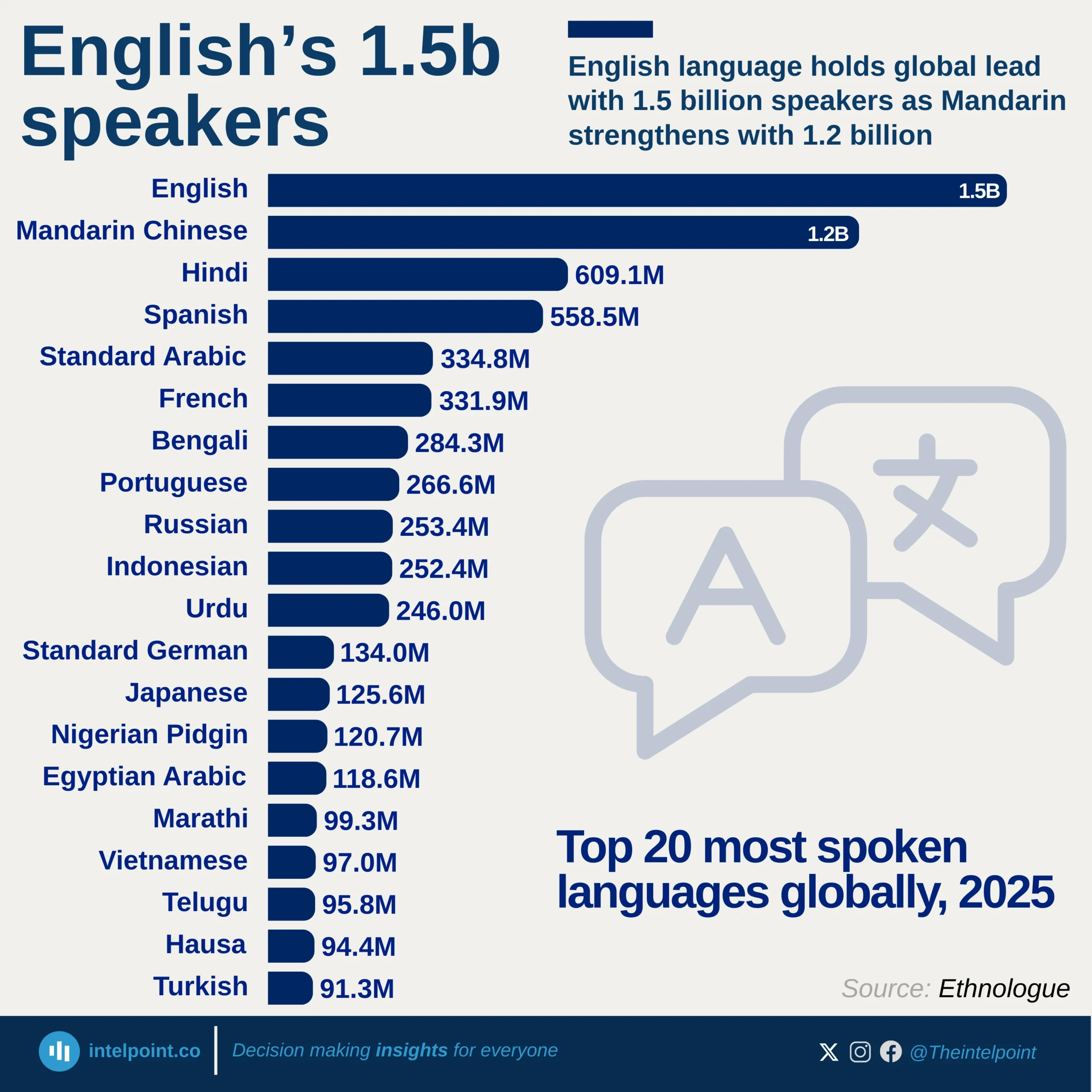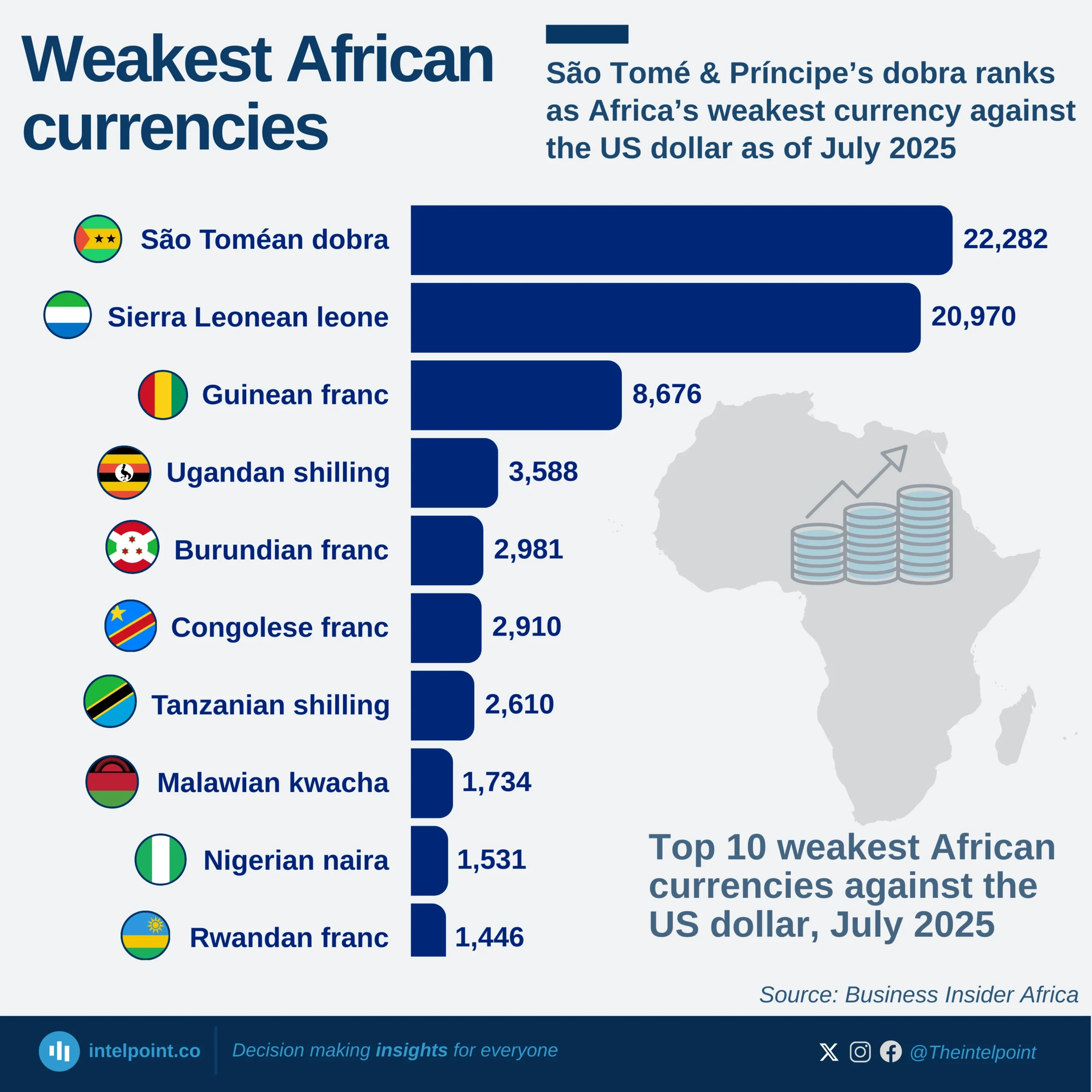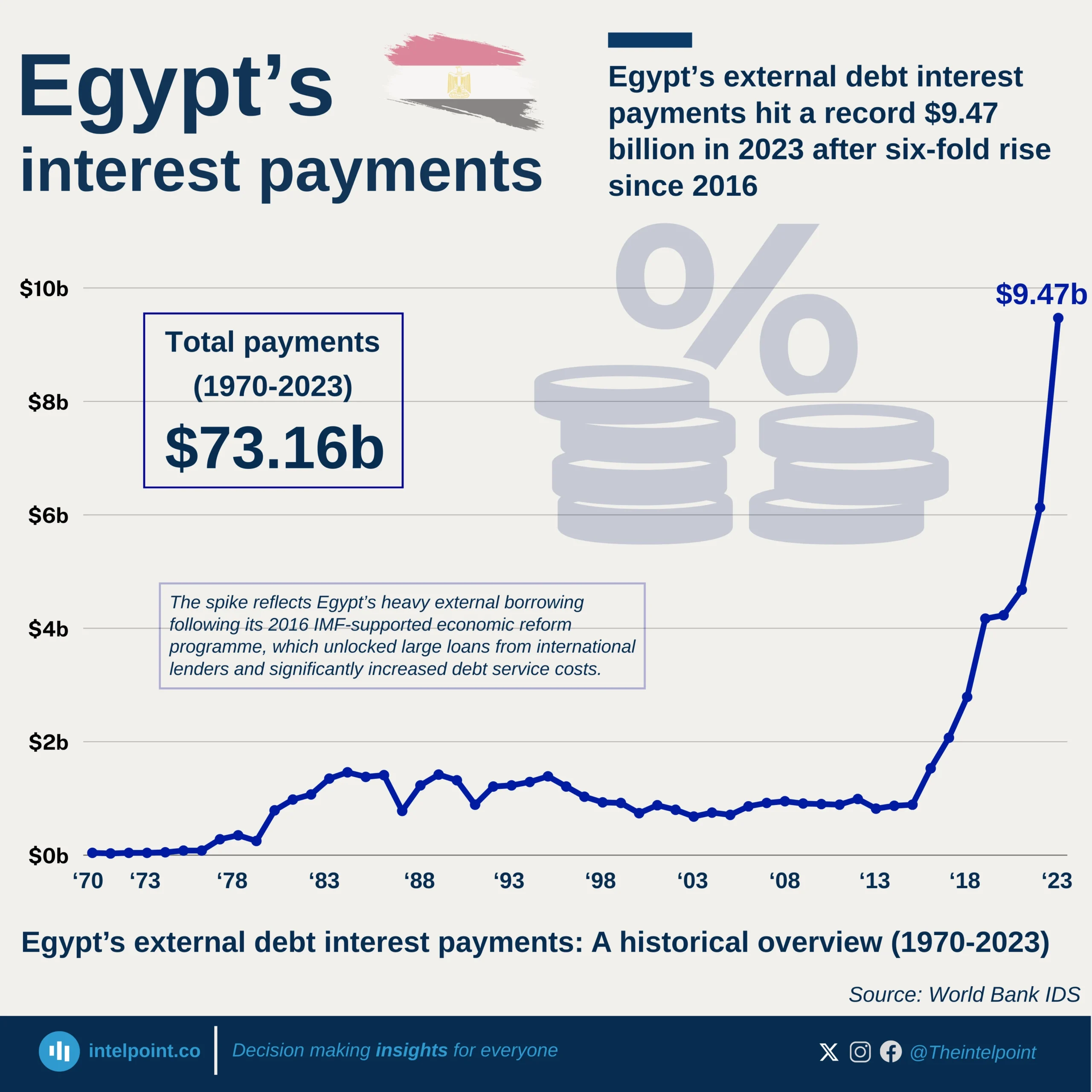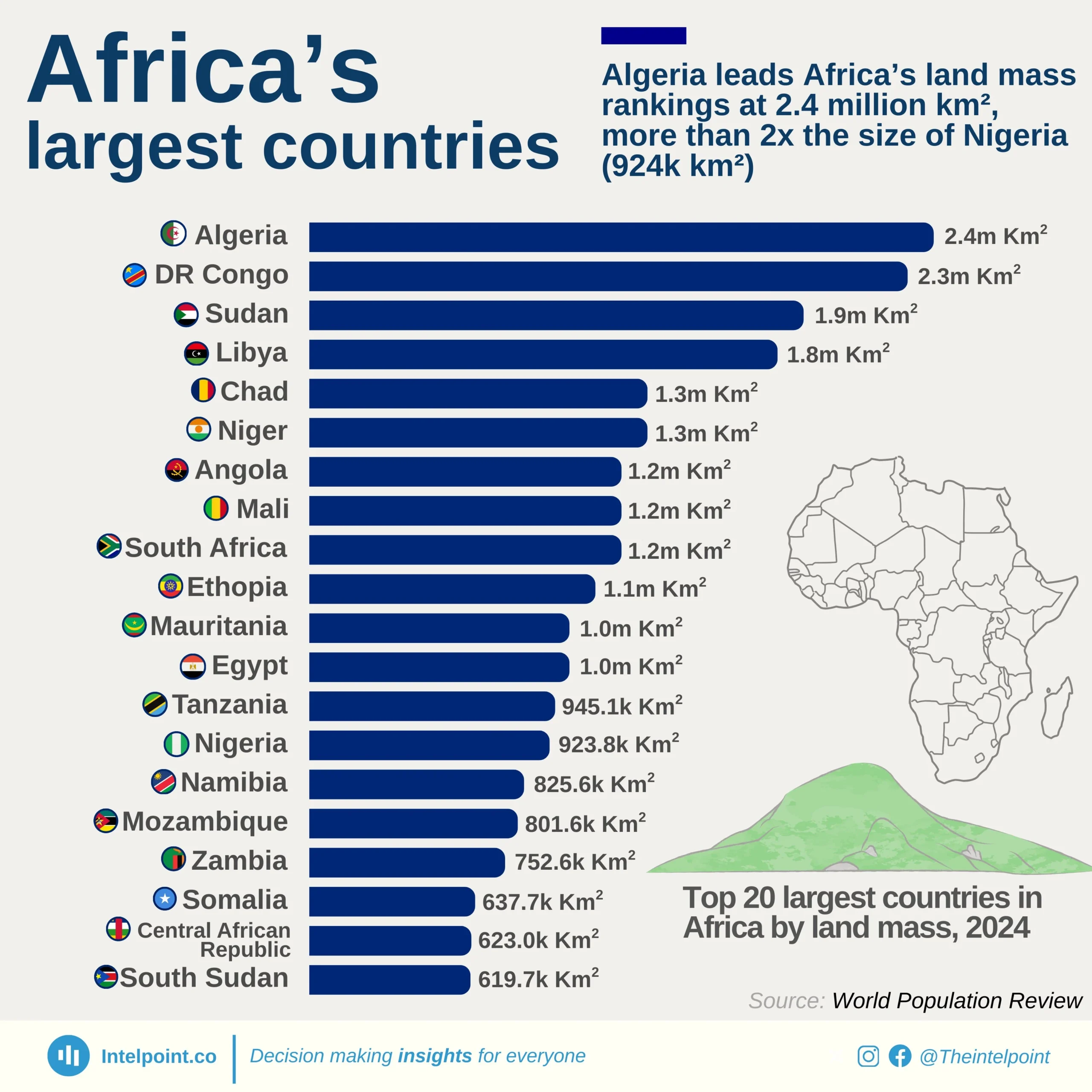The Nigerian government has spent the sum of ₦1.9 trillion on the Presidency Amnesty Programme (PAP) between 2015 and 2024, with an overwhelming ₦1.3 trillion (over 68%) disbursed in 2017 alone. This indicates a significant concentration of funding in a single year, a sharp contrast to the relatively stable annual spending patterns seen afterward. The subsequent years saw a more predictable allocation, mostly hovering between ₦59.6 billion and ₦65 billion annually from 2018 to 2024.
This trend raises important questions about the financial strategy behind the program—was 2017 an anomaly driven by urgent priorities, or did the government attempt to front-load the initiative with resources in a single year? Since then, expenditure has remained steady, suggesting a shift from aggressive spending to a more structured, sustained funding model.
